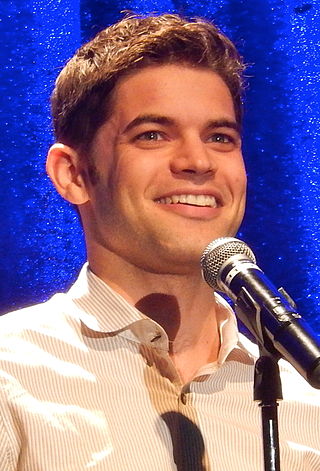Survivor(s) may refer to:
Pygmalion or Pigmalion may refer to:

Mark Anthony "Baz" Luhrmann is an Australian film director, producer, writer, and actor. With projects spanning film, television, opera, theatre, music, and recording industries, he is regarded by some as a contemporary example of an auteur for his style and deep involvement in the writing, directing, design, and musical components of all his work. He is the most commercially successful Australian director, with four of his films in the top ten highest worldwide grossing Australian films of all time.
Doctor or The Doctor may refer to:
Siren or sirens may refer to:
Green Light, green light, green-light or greenlight may refer to:
Wrecker, The Wrecker or Wrecking may refer to:
Prometheus is a figure in Greek mythology.
Cinderella is a classic fairy tale.
A volcano is a geological landform usually generated by the eruption through a vent in a planet's surface of magma.

Jay Gatsby is the titular fictional character of F. Scott Fitzgerald's 1925 novel The Great Gatsby. The character is an enigmatic nouveau riche millionaire who lives in a luxurious mansion on Long Island where he often hosts extravagant parties and who allegedly gained his fortune by illicit bootlegging during prohibition in the United States. Fitzgerald based many details about the fictional character on Max Gerlach, a mysterious neighbor and World War I veteran whom the author met in New York during the raucous Jazz Age. Like Gatsby, Gerlach threw lavish parties, never wore the same shirt twice, used the phrase "old sport", claimed to be educated at Oxford University, and fostered myths about himself, including that he was a relation of the German Kaiser.
A sacrifice is the practice of offering food, or the lives of animals or people to the gods, as an act of propitiation or worship.
"Let's Misbehave" is a song written by Cole Porter in 1927, originally intended for the female lead of his first major musical production, Paris. It was discarded before the Broadway opening in favor of "Let's Do It, Let's Fall in Love". However, the star of the Broadway production, Irene Bordoni, performed it for a phonograph recording which was labelled as being from the production of Paris.
Neighbor(s) or neighbour(s) may refer to:
The Phantom of the Opera may refer to:

The Great Gatsby is a 2013 historical romantic drama film based on the 1925 novel by F. Scott Fitzgerald. The film was co-written and directed by Baz Luhrmann and stars an ensemble cast consisting of Leonardo DiCaprio, Tobey Maguire, Carey Mulligan, Joel Edgerton, Isla Fisher, Jason Clarke, and Elizabeth Debicki. Filming took place from September to December 2011 in Australia, with a $105 million net production budget. The film follows the life and times of millionaire Jay Gatsby (DiCaprio) and his neighbor Nick Carraway (Maguire) who recounts his interactions with Gatsby amid the riotous parties of the Jazz Age on Long Island in New York.

Jeremy Michael Jordan is an American actor and singer. He has performed on Broadway, in television and film, in concert, as well as in other theatrical productions.

The Great Gatsby: Music from Baz Luhrmann's Film is the soundtrack album to the 2013 film The Great Gatsby, an adaptation of F. Scott Fitzgerald's 1925 novel of the same name. Interscope Records released it on May 6, 2013. The album was produced by Baz Luhrmann and Anton Monsted, with Jay-Z serving as the album's executive producer. The soundtrack comprises fourteen songs, including new material and cover versions performed by various artists. It contains a mixture of genre, including hip hop, jazz, and alternative music. Luhrmann specifically selected these styles of music to better immerse the audience into the story of The Great Gatsby.
This page is based on this
Wikipedia article Text is available under the
CC BY-SA 4.0 license; additional terms may apply.
Images, videos and audio are available under their respective licenses.




